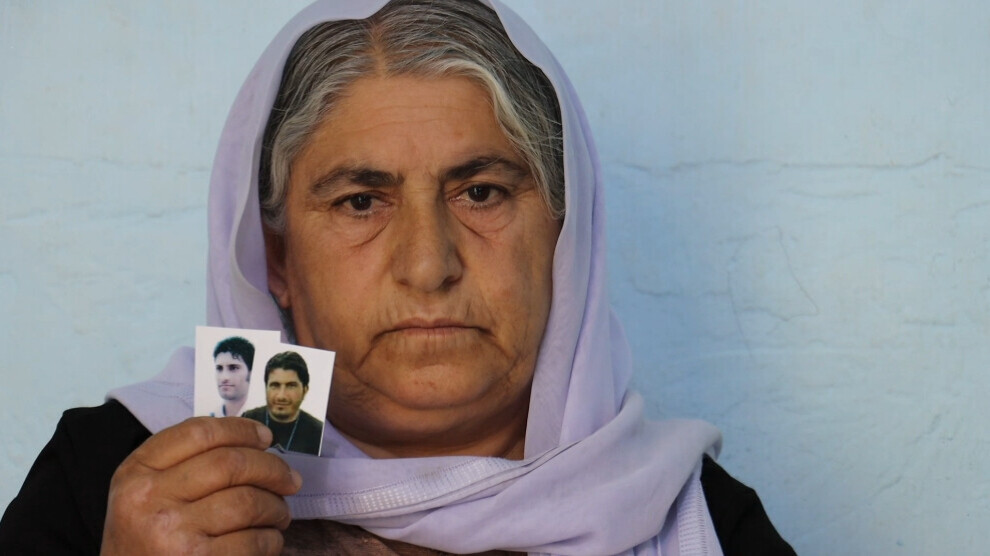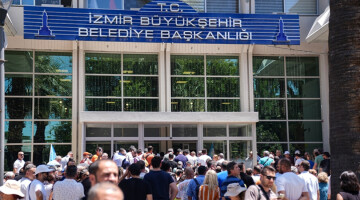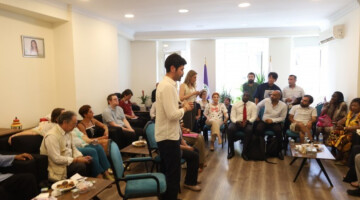The Autonomous Administration of North and East Syria (AANES) announced on 10 June that it would try foreign ISIS members in its own people's courts. This follows years of unsuccessful appeals to the states of origin to set up an international court to punish the crimes committed by ISIS. More than ten thousand ISIS members from over sixty countries are held in AANES prisons, and some 60,000 ISIS family members are in camps such as al-Hol Camp.
"In its decision to judge crimes on its own soil, an essential factor for the AANES was the availability of reliable evidence and, above all, witnesses, such as survivors of ISIS crimes," writes Ibrahim Murad in a guest commentary for Taz. And indeed, more and more people are coming forward to testify at the trials. One of them is Sûrî Xelef, who lost two sons in the ISIS attack on 3 August 2014 in Shengal (Sinjar) in northern Iraq. She says that the brutality she experienced haunts her and that it is difficult to describe the pain of losing her two children.
The ISIS massacre in Shengal, which was recognised as genocide against the Yazidi community by the German Parliament (Bundestag) in January, is described by the Yazidis as the 73rd genocide (or ferman as Yazidis call it) in their history of persecution. It is estimated that about 10,000 people fell victim to the genocide. Over 7,000 women and children were abducted by ISIS, more than 400,000 people were driven from their homes and thousands more are still missing.
Sûrî Xelef experienced the massacre in the village of Siba Şêx Xidir. She tells how the Islamists invaded the village with black flags and swords in their hands. The people fled and her family decided to split up and take three different routes to the mountains of Shengal to meet there. She never saw her sons again. "I don't know if my two sons were killed or kidnapped. Maybe they died of thirst in the desert."
The families of the victims are ready to attend any court to demand the rights of their children, says Sûrî Xelef. To this day, the fate of thousands of missing persons remains unresolved, and ISIS continues to pose a great danger: "I will go to court as a victim and tell them what happened to me. I will tell them the number of victims and the number of injured. The fate of our women and children is still unclear. The night the ISIS kidnapped the women, they gave them the flesh of the children to eat. What religion allows this? All religions condemn this cruel act."
However, the processes will require large financial, logistical and legal resources. According to Murad Ibrahim, AANES currently lacks the capacity to manage these processes without international support. He calls for EU member states to provide AANES with the necessary support and to cooperate with it in accordance with applicable international law. "It seems that there is a lack of awareness of the danger posed by the camps and prisons in northern and eastern Syria. If the international community continues to ignore the problem, there is a threat of more terrorist attacks, especially in Europe," said Ibrahim Murad.














